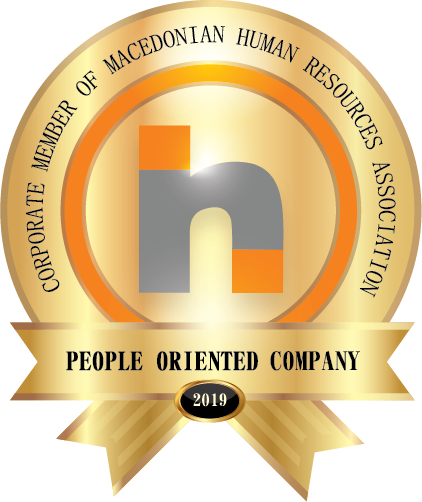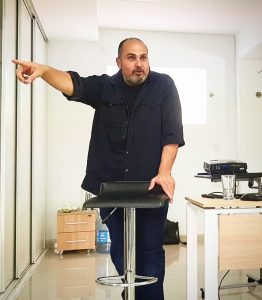INTERVIEW WITH AN EXPERT – Mohamed Shehab ElDin, CEO & Founder at RESOLVE Consulting
- Your studying background is in peace studies and conflict resolution. What are the differences between negotiations between states and between businesses?
The main two differences in my opinion are:
a- what is at stake. What they stand to lose. The nature of that for each could be different ways that affect the dynamics.
b- stakeholders involved , their number and their influence. In business often the number and the nature and influence of the indirect stakeholders tend to be limited compared to interstate negotiation.
- Also, what can the business persons learn from negotiations between state parties?
In fact both can learn so much from each other. I find through my work with both worlds that the similarities of the human behavior in a negotiation process, the smart moves and the dilemmas are almost the same. Decision making processes could be differences, but human nature is the same.
Two things come to mind if you are in business and want to learn from interstate negotiation.
a- The importance and relevance of how public or confidential the process and its details are and how this could be utilized;
b- utilizing and creating leverage in a more creative non linear approach.
- You come from Egypt, but you have worked worldwide – how did your cultural background help you understand people and face negotiations?
Well, that has been an asset and a challenge. I have been exposed to a negotiation culture that accepts and expects a wide spectrum bargaining. That is completely different from the west for example where the room for bargaining is smaller.
Emotions and relations play a stronger role in the process in my culture compared to other cultures that base decisions more on the practical merits of the issues.
As I mentioned. The difference were sometimes an asset to support me … and other times a challenge and obstacle to reach an agreement.
- What key elements should one consider when preparing for a business negotiation?
1- Who is on the table? Entities and individuals. What do they stand to lose
2- What are the real interests of the parties? Including mine. The interests, not the demands.
3- Time is one of the ultimate sources of power. How much time does each party has to get the deal done.
4- Prepare alternatives. Chances are you won’t get exactly what you want the way you want it.
BE AGILE
5- Human behavior matters. What behavior will you adopt?
- Which behavior and questions should be avoided when doing a business negotiation?
1- Culturely and personal offensive questions. Do your homework.
2- Never use “this is my final offer” , unless it is. Once you go back on that using the word final will be empty from your side.
3- “You are wrong”
Unless you are discussing indisputable facts… no one is wrong. And people own their opinions and tend to be defensive about them.
4- Avoid making things more personal. Egos are the hidden player. After all , everything is already personal in ways that you may or may not understand. Don’t make it worse.
- How can you turn the situation to your advantage when you are in the weakest position during a negotiation?
1- Building alliances. Whatever you are negotiating affects other entities. Build the right alliances to support you.
2- Information. The more you know about the entities and the individuals the more will know about their interests and pain. This will help you become creative and finding value that is not in the table
3- Be creative. There is no such thing as the only way.
4- Create alternatives. Or the illusion of alternatives. A strong BATNA (Best Alternative To a Negotiated Agreement) makes a difference.
5-The ultimate power in a negotiation is indifference. It affects your position and behavior. Once your weakness is felt or spotted… Good luck.
- What was the most challenging situation you faced as a negotiator?
Negotiating with parties with highly unexpected behavior in a process where I don’t have the luxury to walk away. It’s like being stuck in a dark room with completely irrational parties and there is no door. You basically become a Bat.
It’s currently happening, can’t tell how it will end.

WIDNET Solutions is an international SaaS company based in Skopje, Macedonia, established in 2019. It is a startup, but its three founders have 50+ years of professional experience at the international level.



